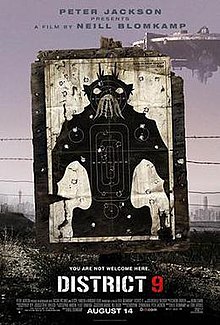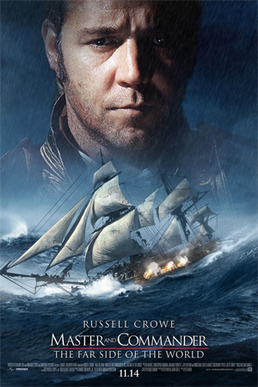My favorite films list is constantly mutating over the last few years as I have decided to watch films more constantly and also the fact that my film tastes matured. Currently there are several films in this top 100 list that I have watched as a teenager several times and were my favorites at the time I have watched them but I haven't re-watched them after I became an adult so my regard for these films may be overestimated: if I decide to watch them again maybe they wouldn't look that good (examples: Star Wars, Kill Bill and Lord of the Rings). Also, I haven't watched all the essential films from giants such as Kurosawa, Herzog, Lynch and Ozu, so expect also a change there.
Also one would notice the high amount of animated films in my top 100 (around 15 films of the 100 are animated, all Japanese). That's because I regard animation as holding higher artistic potential than film in the same way that painting holds photography: in animation and painting the artists have completely control over what they put in the picture while in photography and in film there isn't the same degree of freedom. Though most of my favorite films are live action because there are many more live action films (the US and Japan combined release about 1,100 films per year, of which only 30-40 are animated).
Though I expect this to change in the future (considering the trends animated films are becoming more and more popular and films like Avatar are pretty much animated, though in the US they are now mostly GCI films instead of hand-draw, which I think are superior: hand draw animation is real art, GCI looks like plastic). Animation also holds an advantage over live action in that one can do anything in animation for a far smaller cost than the special effects used in the Hollywood blockbusters. In essence the anime industry emerged in Japan simultaneously as the special effects driven US film industry in the wake of Star Wars and represented a low cost response to the multi million dollar special effect driven blockbusters from Star Wars onwards.
Also one would notice the high amount of animated films in my top 100 (around 15 films of the 100 are animated, all Japanese). That's because I regard animation as holding higher artistic potential than film in the same way that painting holds photography: in animation and painting the artists have completely control over what they put in the picture while in photography and in film there isn't the same degree of freedom. Though most of my favorite films are live action because there are many more live action films (the US and Japan combined release about 1,100 films per year, of which only 30-40 are animated).
Though I expect this to change in the future (considering the trends animated films are becoming more and more popular and films like Avatar are pretty much animated, though in the US they are now mostly GCI films instead of hand-draw, which I think are superior: hand draw animation is real art, GCI looks like plastic). Animation also holds an advantage over live action in that one can do anything in animation for a far smaller cost than the special effects used in the Hollywood blockbusters. In essence the anime industry emerged in Japan simultaneously as the special effects driven US film industry in the wake of Star Wars and represented a low cost response to the multi million dollar special effect driven blockbusters from Star Wars onwards.
Last edited by Guaporense; 02-05-13 at 07:32 PM.

















 I to haven't seen Rocky yet, boxing movies seem to always have a consistent rating for me though, and while it's not a bad one, I can't imagine Roky being awhole lot better
I to haven't seen Rocky yet, boxing movies seem to always have a consistent rating for me though, and while it's not a bad one, I can't imagine Roky being awhole lot better


